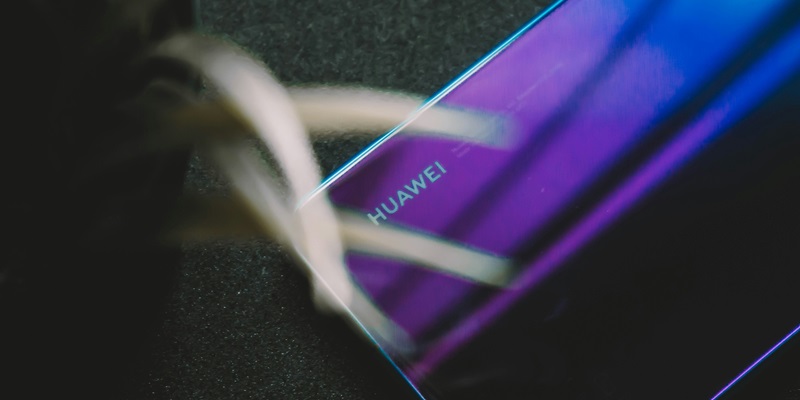At the recent Guangzhou Auto Show, Yu Chengdong, the CEO of Huawei Consumer Business Group, made an exciting announcement that has intrigued technology and automobile enthusiasts alike worldwide. He revealed that the highly anticipated Mate 70 series is set to launch on November 26. This new lineup is expected to include several models, such as the standard Mate 70, Mate 70 Pro, Mate 70 Pro Plus, and potentially the Mate 70 Ultimate Design, following the pattern set by the previous generation. This announcement shows a strategic move by Huawei to once again align its offerings with the latest technological trends and market demands.
In addition to unveiling the Mate 70 series, Huawei made headlines by announcing their newest venture into the automotive industry. The company is set to launch a luxury car brand named Maextro in collaboration with JAC, as part of its Harmony Intelligent Mobility Alliance (HIMA). This alliance already includes brands like Airo, Luxeed, and Stelato. By integrating their innovation-centric ethos into the automotive sector, Huawei continues to broaden its product portfolio, demonstrating a significant shift from focusing solely on consumer electronics to also addressing the emerging needs of intelligent mobility.
Huawei’s comprehensive launch plan underscores the company’s commitment to not just remaining a technological leader in consumer electronics but to also branching into innovative, future-forward sectors. The decision to introduce both new phones and a luxury car brand at the same event hints at a larger strategy of creating an interconnected ecosystem of high-tech products. This trend aligns with a broader movement among Chinese manufacturers to debut flagship products towards the year’s end, ensuring they stay competitive in the fast-paced and ever-evolving tech market.
As Huawei prepares for this multifaceted launch event, the anticipation surrounding the Mate 70 series and the Maextro luxury car brand highlights the company’s efforts to integrate its technological advancements into an array of products that cater to diverse market segments. By doing so, Huawei is positioning itself at the convergence of cutting-edge technology and sophisticated mobility solutions, aiming to offer a cohesive and interconnected experience for consumers. This bold move could very well signify the future direction for tech and mobility, setting a new standard for innovation and strategic alignment in the industry.

